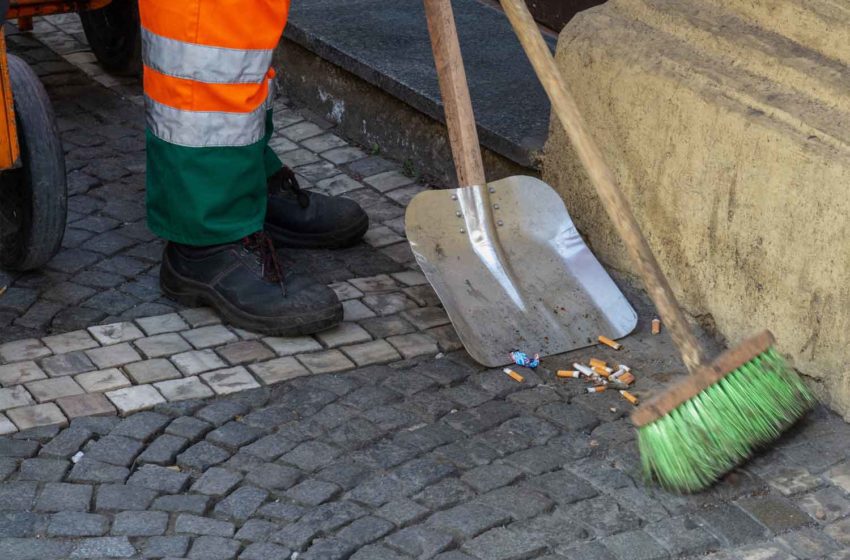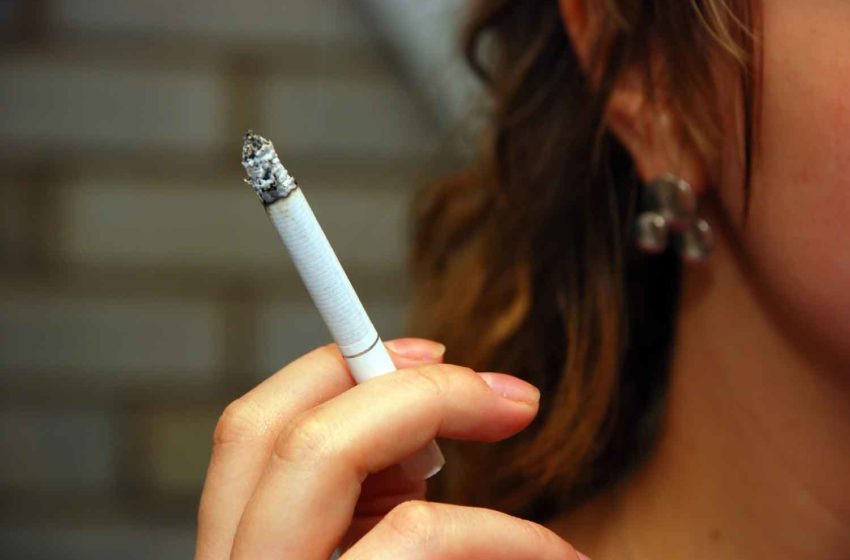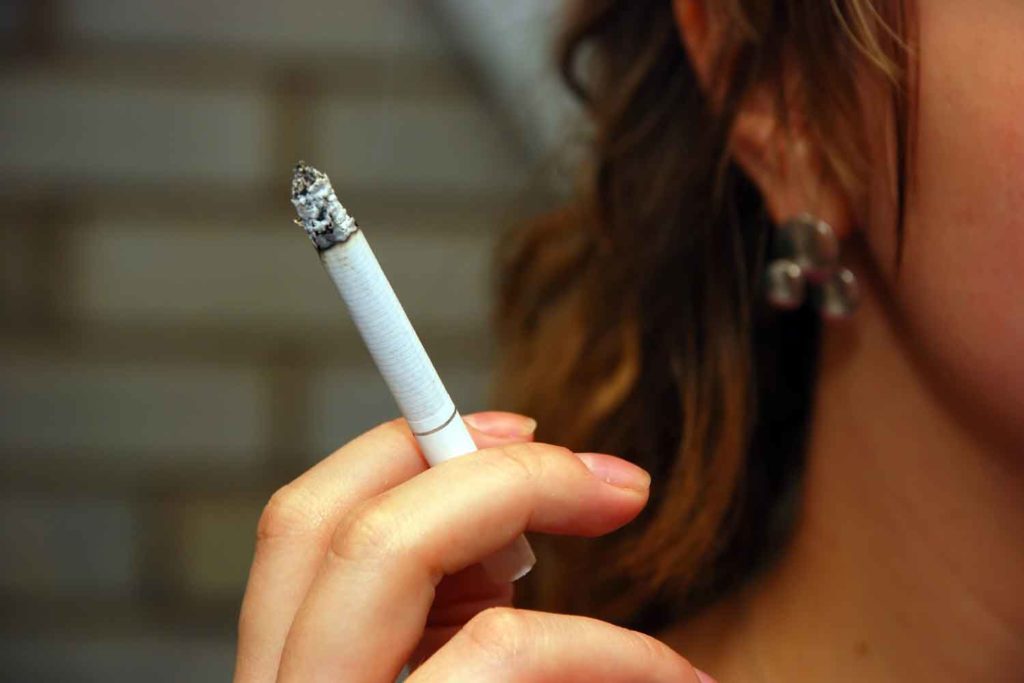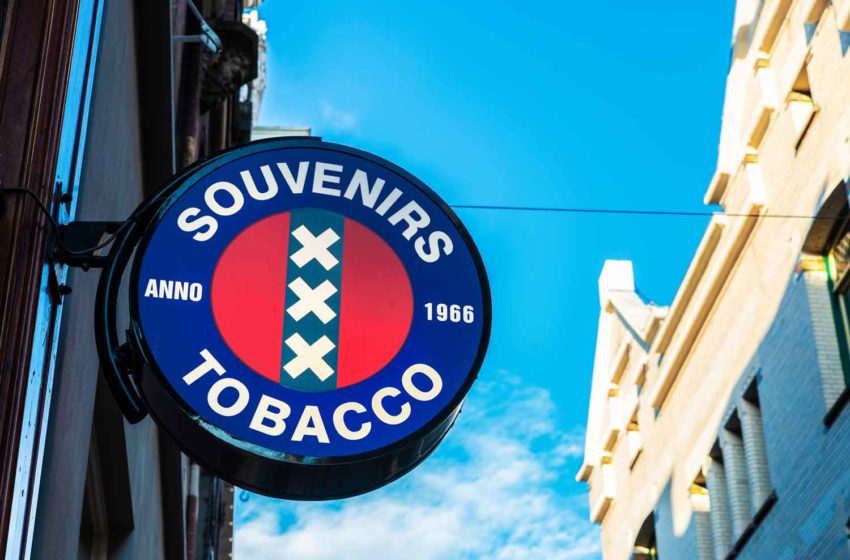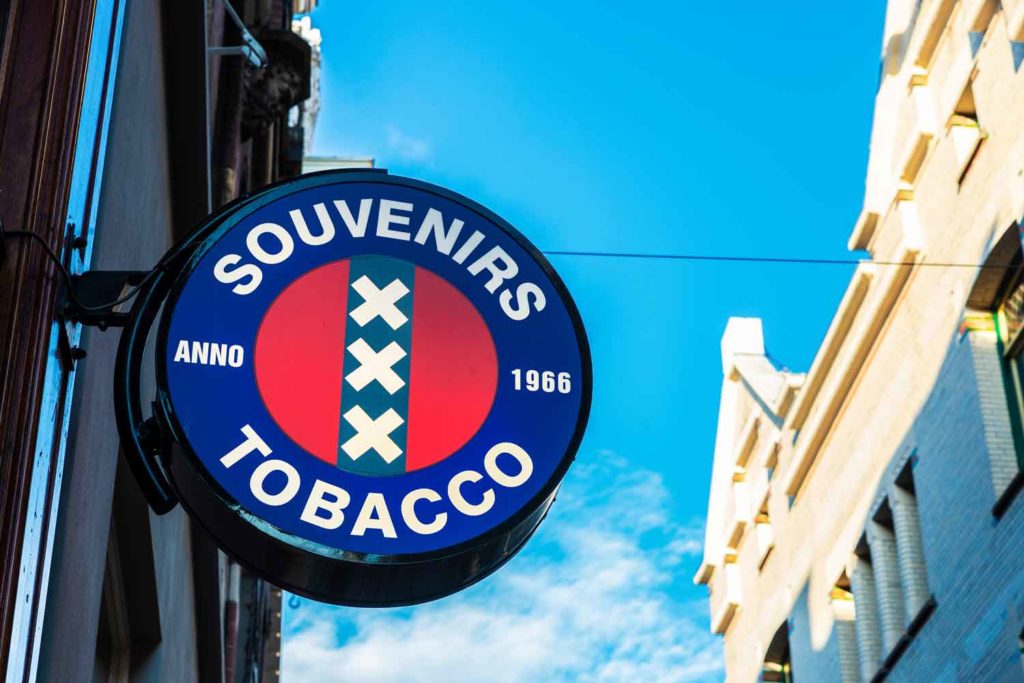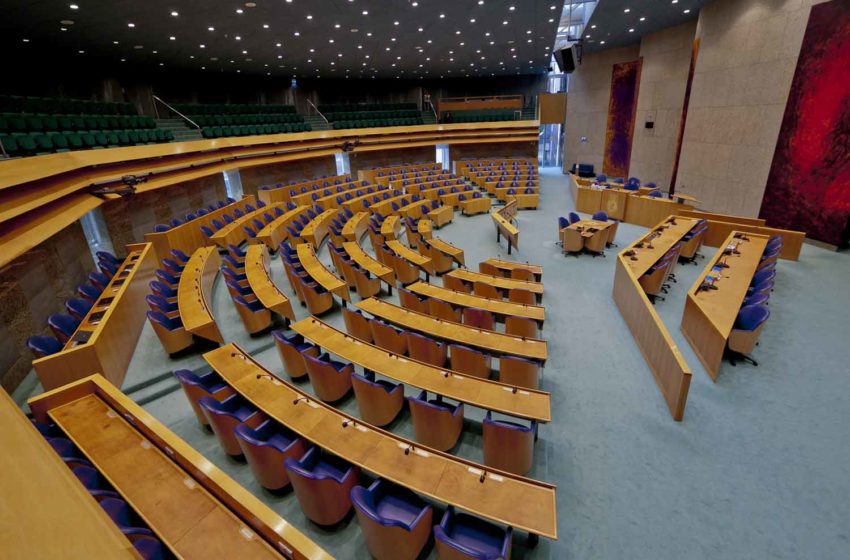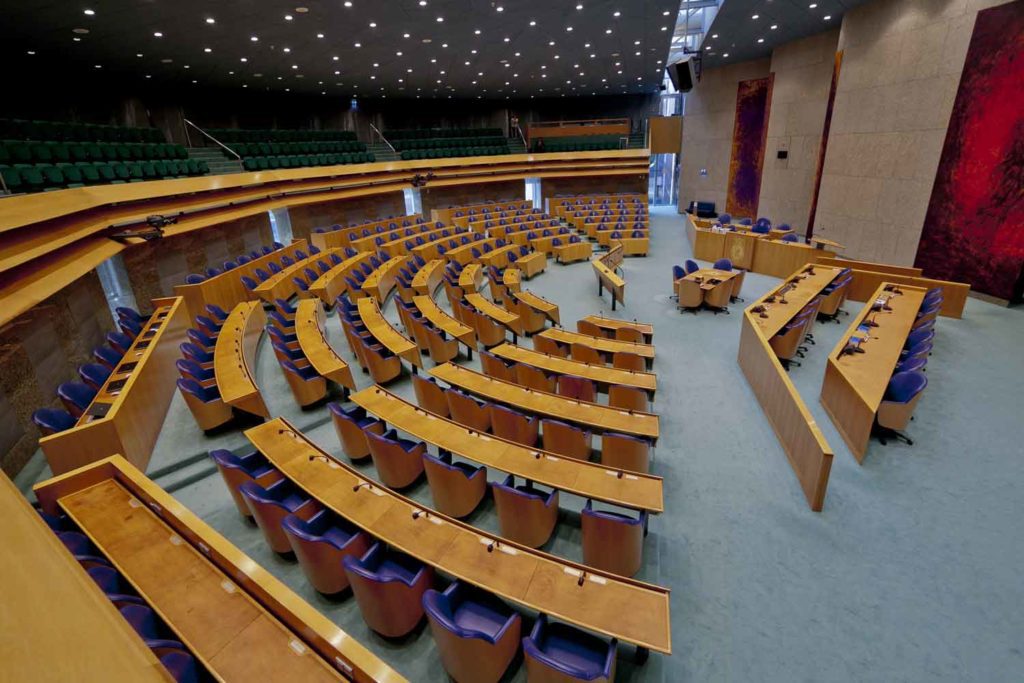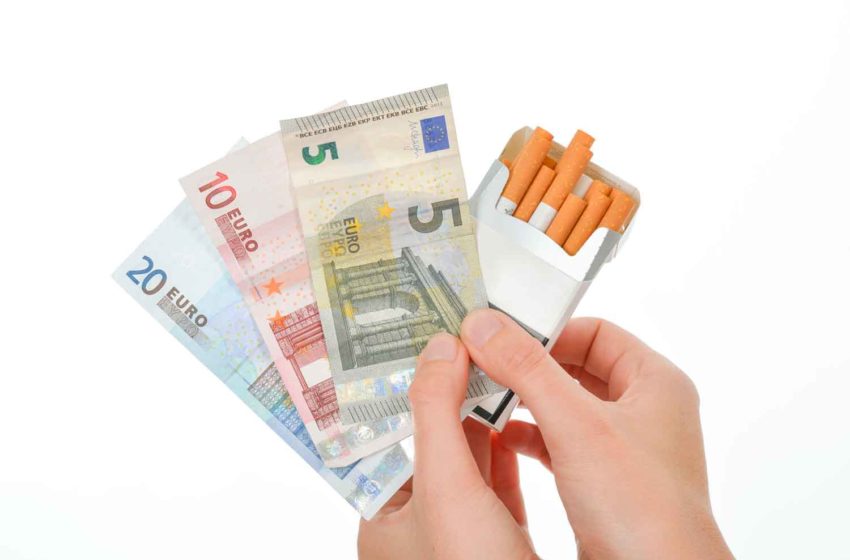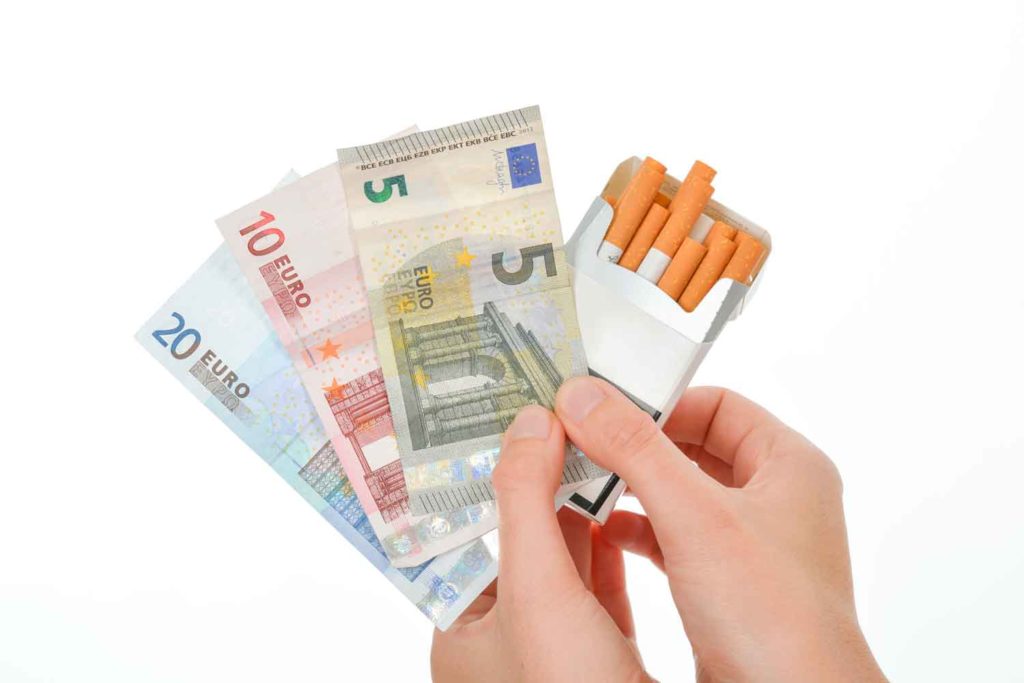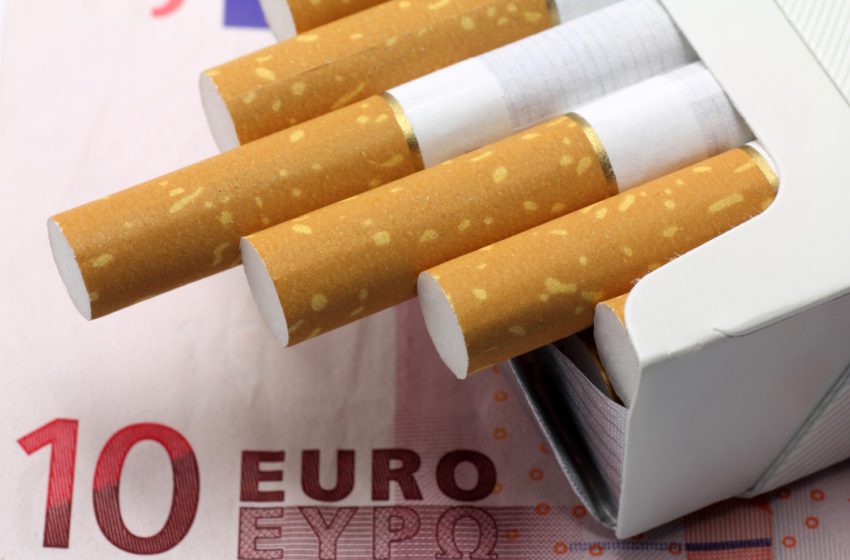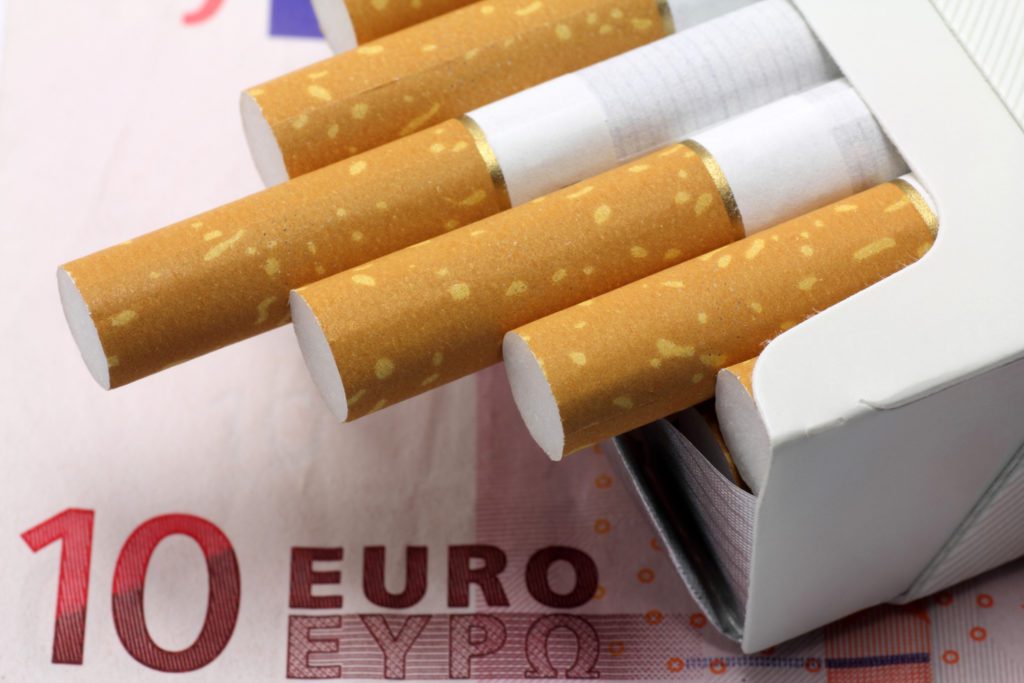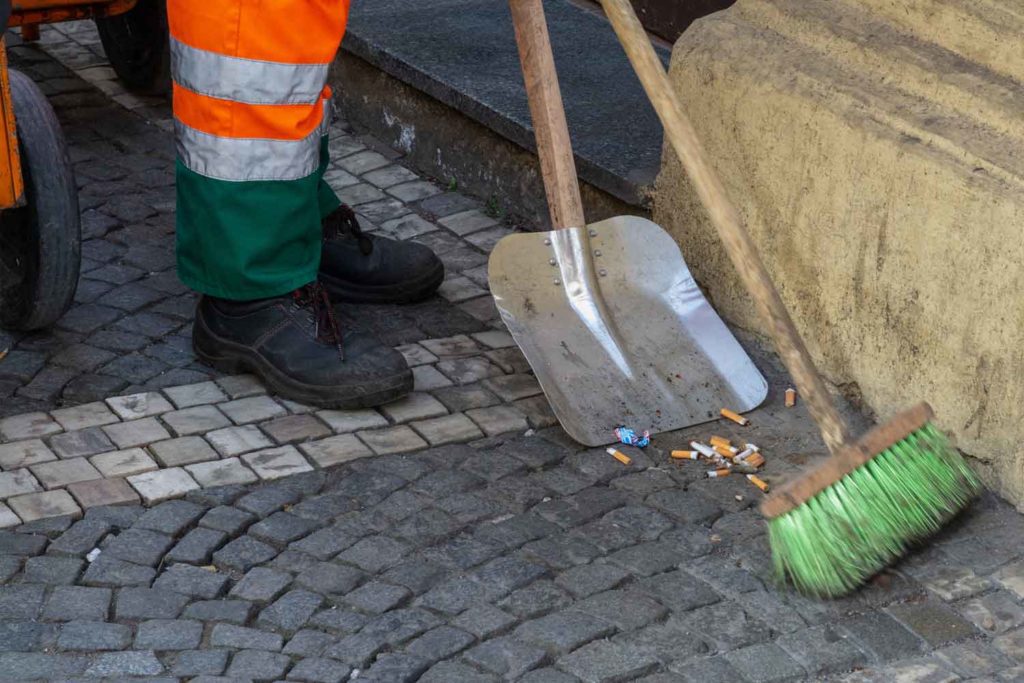
The best way to prevent cigarette filter litter is a ban, the Netherland’s junior infrastructure minister, Vivianne Heijnen, said in a briefing to Members of Parliament.
An outright ban on filters is the most effective option to achieve the government’s target of reducing filter litter by 70 percent, according to Heijnen. The current model of discouraging smoking and littering, she says, will result in only a 15 percent reduction by 2026.
Cigarette filters contain chemicals and microplastics, which take years to break down. take years to break down.
A filter ban would have to be Europe-wide, Heijnen told Dutch News, because a uniquely Dutch ban would be in contravention of the European free trade agreement. She suggested a ban be included in the 2026 renewal of the European guideline on single-use plastics.
More local bans on smoking at beaches and more smoke-free festivals and smoke-free zones in public spaces are also among the measures Heijnen proposed.

